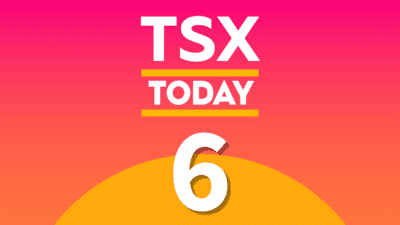Housing in Canada has emerged as one of the most significant topics of discussion in the 2019 federal election. Affordability has been a sticking point in recent provincial elections, and now voters are looking to federal representatives to make a difference.
Interestingly, a National Bank of Canada report released in August showed that housing affordability improved by the most in a decade in the second quarter.
Back in January I’d discussed some of the ways the Canadian housing market would receive a booster shot this year. Lower mortgage rates have played a big role in bumping up sales activity. Mortgage payments as a share of household income fell 3.6% in Q2 to 45.1%, the largest quarter-over-quarter decrease since 2009.
In that same article I’d discussed the federal push for affordability, which could provide a further bump for top alternative lenders like Equitable Group (TSX:EQB). Shares of Equitable Group have climbed 76% in 2019 as of close on October 9.
There were concerns that new OSFI regulations introduced in 2018 would hinder lenders, but Equitable Group and its peers have thrived amid a difficult environment.
Let’s take a quick snapshot of the housing plans for the top parties ahead of the big vote on October 21.
Housing plans for the major parties
The liberals have a proposal to introduce a federal speculation tax on non-residents. The party also brought on a higher cap on the First-Time Home Buyer Incentive. First-time buyers can now withdraw up to $35,000 from their RRSPs with no penalty, up from the original cap of $25,000.
The conservatives have rolled out several aggressive proposals, including changing mortgage stress tests for first-time home buyers and reviewing the removal of the test from renewals. Another proposal calls for increasing the amortization periods on insured mortgages to 30 years for first-time buyers. The party also aims to make federal real estate available for housing developments.
Consistently polling third on a national level is the New Democratic Party (NDP), which seeks to create 500,000 affordable housing units if elected. It has also vowed to re-introduce 30-year terms for insured mortgages for first-time buyers and double the first-time home buyers’ tax credit to $1,500.
The NDP has said that it would implement a 15% foreign buyers’ tax on purchases of residential property by foreign corporations or those who are not citizens or permanent residents.
Should you target housing stocks ahead of the election?
Equitable Group and peers like Home Capital have put together solid earnings in 2019 — and their respective stocks have thrived. The Canadian housing market looks truly balanced for the first time since Home Capital’s near collapse in the spring of 2017. The health of the housing market is encouraging right now, but housing stocks looks pricey in the fall.
For example, Equitable Group is trading at the high end of its 52-week range. The stock last had an RSI of 60, putting it just outside of technically overbought territory.
It does boast a price-to-earnings ratio of 9.6 and a price-to-book value of 1.3, putting it at decent value relative to its industry peers. Still, I’m waiting for a more attractive entry point before pulling the trigger on Equitable Group this fall.








